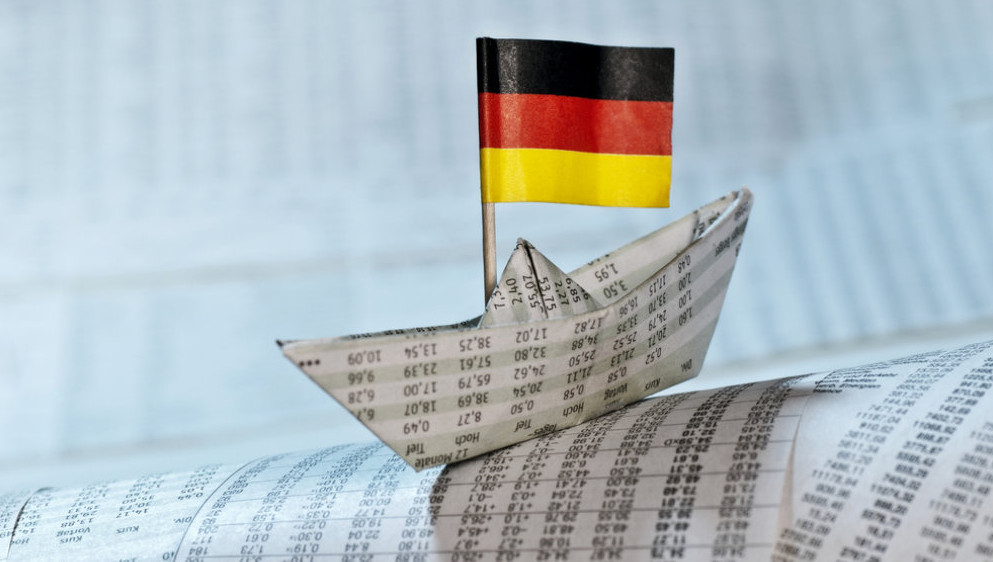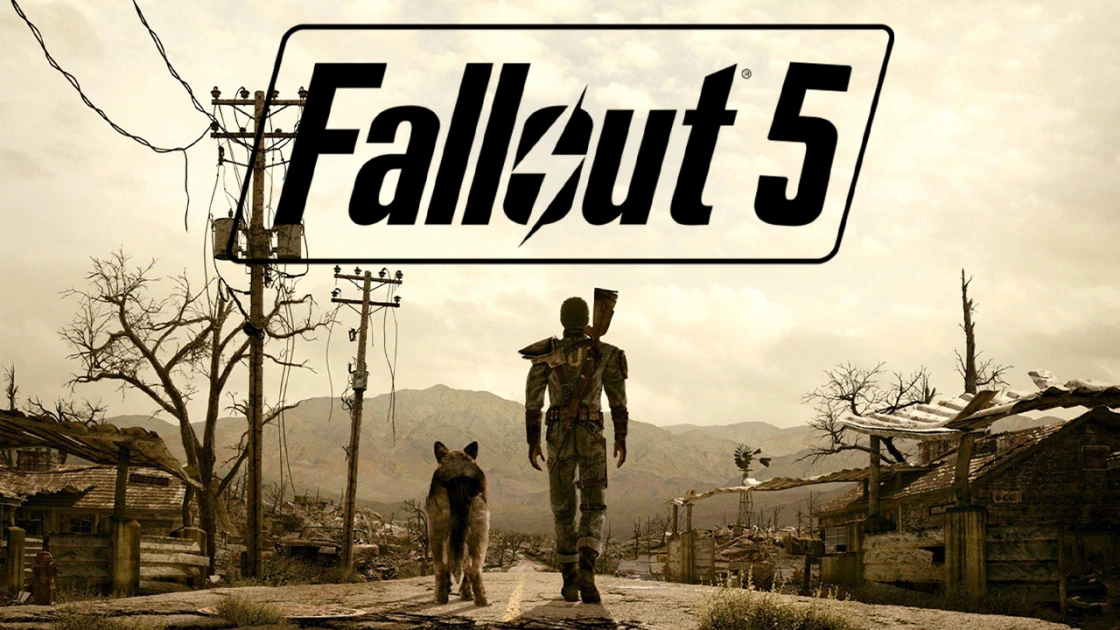
Geopolitics, the energy transition and an aging population are three major challenges facing Germany.
If life goes in circles, then the economy is marked by its ups and downs. Today’s Germany is nothing like the golden star of Europe in the 2000s.
Not only has its national team fallen, but the far-right Alternative Party (AFD) has been steadily increasing its numbers, having reached a staggering and feared 20%.
And as if all this were not enough, the country’s glorious economic model seems unable to deliver the growth the Germans expected.
As his related article says economicThis is a country in great perplexity, prone to unpredictable situations, such as war in Europe and slowdown in China.
economic downturn
According to the International Monetary Fund, Germany will be the only country among the seven wealthiest that make up the G7, whose economy will contract this year.
As expected, in the next five years he will devour the dust of the United States, Britain, France and Spain.
And it is precisely this that is most concerning, according to the British magazine, that there is no light at the end of the tunnel, as Germany faces an industry vulnerable to foreign competition and geopolitical strife, while its journey towards zero emissions proves difficult and its workforce ages with each passing year.
The nail in the country’s coffin… Undoubtedly, the German state’s lack of experience and unwillingness to face these challenges.
There are many reforms and many investments to be made, but Germany proved 20 years ago that it can do it. Germany will need a competitive public sector that attracts talent to support this transformation.
Is Germany once again the sick man of Europe? https://t.co/OXvBJdQHB3
– Moritz Kuhn (@kuhnmo) August 17, 2023
The Germans are protesting
Olaf Solz’s government is making an effort to lessen the impression that the situation is not as bad as it was in 1999, when reunification, a tightening labor market and slumping export demand flooded the country’s economy, pushing unemployment into double figures.
Today Germany’s unemployment rate is 3%, and the country is wealthier and more open, its executives argue. However, Germans are increasingly complaining that their country is not functioning as it should, with 4 in 5 saying it is no longer a fair place to live.
For many years, Germany’s outperformance in old industries was balanced by its lack of investment in new industries.
Complacency and an obsession with fiscal prudence led to little public investment. It is noteworthy that the country’s investments in information technology, if calculated by the percentage they represent in German GDP, are about half of those made in the United States and France.
geopolitical challenge
Bureaucratic conservatism is also a major obstacle. It takes 120 days to obtain a business license, twice the OECD average.
The deterioration of geopolitics, the difficulty of eliminating carbon emissions and the consequences of population aging, mentioned above, make the situation in Germany even more difficult.
Indeed, in terms of geopolitics, what is happening is that perhaps industrial production is no longer the inexhaustible source of cash that it once was.
Of all the major western economies, Germany has the most exposure to China. Last year alone, trade between the two countries reached $314 billion. Once this relationship was defined by the profit motive, today things are much more complicated. For example, German automakers are already losing the battle in this huge Asian market to local competitors.
Overcoming its problems – geopolitics, climate change and demography – will require a smart, digitally savvy, highly capable country. Unfortunately, the country of Germany is not among these things https://t.co/I9ak5CNbCm
– The Economist August 18, 2023
difficult transition of energy
In the energy transition, Germany has found it dark, with its industrial sector using almost twice as much energy as the next largest consumer in Europe and a carbon footprint much larger than that of France or Italy.
Cheap Russian gas is no longer an option and the country has, in an astounding goal, moved away from nuclear power. A lack of investment in related grids and a sluggish permitting system are hampering the transition to cheap renewable energy, threatening to make manufacturers less competitive.
Amid all this, Germany is increasingly short of the talent it needs to get ahead again. The baby boom after World War II means that about two million workers will retire within the next five years. Although the country has attracted nearly 1.1 million Ukrainian refugees, many of them are children and women who are not working and may return home soon.
Already, two-fifths of employers complain they are struggling to find skilled workers. And this is not a speech figure, because Berlin is not able to fill even half of its teaching positions with appropriate personnel.
Shift bet
For Germany to thrive in a fragmented, greener, and aging world, its economic model must adapt.
The problem is that politicians at the forefront of its power may choose to stick with the tried and tested recipe, fearing that the reforms that need to be made will be unpopular with the people, throwing them out of the game, after they are initially buttery. Bread flourishing far-right in the country.
Two decades ago, Germany made a stunning transformation with huge profits.
It’s time for him to pay any price to get it back, concludes another article on the same topic from before economic.

“Avid problem solver. Extreme social media junkie. Beer buff. Coffee guru. Internet geek. Travel ninja.”


-og.jpg?t=y7SX8xaU-xsaLEgDfmnp4A)

More Stories
Look how they trampled on her like that..
Retrospective for retirees: Who is affected, who wins and who loses – Newsbomb – News
With…Rural Sakis Rouvas